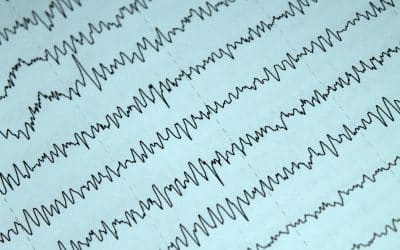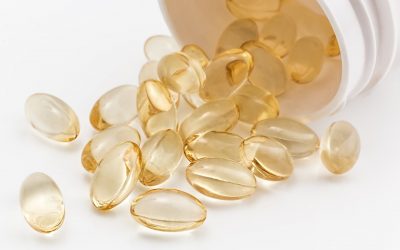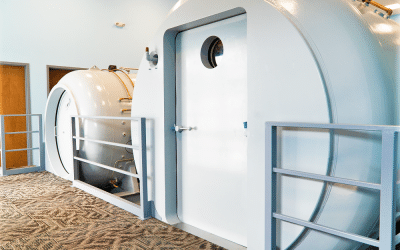Overview Psoriasis is a skin disease that causes red, itchy scaly patches, most commonly on the knees, elbows, trunk and scalp. Psoriasis is a common, long-term (chronic) disease with no cure. It tends to go through cycles, flaring for a few weeks or months, then...
Psoriasis
The Use of Pulsed Electromagnetic Fields to Promote Bone Responses to Biomaterials In Vitro and In Vivo
Abstract Implantable biomaterials are extensively used to promote bone regeneration or support endosseous prosthesis in orthopedics and dentistry. Their use, however, would benefit from additional strategies to improve bone responses. Pulsed Electromagnetic Fields...
Glutathione: Antioxidant Properties Dedicated to Nanotechnologies
Abstract Which scientist has never heard of glutathione (GSH)? This well-known low-molecular-weight tripeptide is perhaps the most famous natural antioxidant. However, the interest in GSH should not be restricted to its redox properties. This multidisciplinary review...
Endothelial function is impaired in the cutaneous microcirculation of adults with psoriasis through reductions in nitric oxide-dependent vasodilation
Abstract Psoriasis is an independent risk factor for cardiovascular disease; however, the underlying mechanisms are not fully understood. Deficits in conduit arterial function are evident in patients with psoriasis, but potential impairments in microcirculatory...
Magnesium deficiency and oxidative stress: an update
Abstract Magnesium deficiency (MgD) has been shown to impact numerous biological processes at the cellular and molecular levels. In the present review, we discuss the relationship between MgD and oxidative stress (OS). MgD is accompanied by increased levels of OS...
Association of Vitamin B12 with Pro-Inflammatory Cytokines and Biochemical Markers Related to Cardiometabolic Risk in Saudi Subjects
Abstract Background: This study aimed to examine the relationship between changes in systemic vitamin B12 concentrations with pro-inflammatory cytokines, anthropometric factors and biochemical markers of cardiometabolic risk in a Saudi population. Methods: A total of...
Reactive oxygen species prevent imiquimod-induced psoriatic dermatitis through enhancing regulatory T cell function
Abstract Psoriasis is a chronic inflammatory skin disease resulting from immune dysregulation. Regulatory T cells (Tregs) are important in the prevention of psoriasis. Traditionally, reactive oxygen species (ROS) are known to be implicated in the progression of...
Psoriasis Improvement in Patients Using Glutathione-enhancing, Nondenatured Whey Protein Isolate: A Pilot Study
Abstract Background: Psoriasis is a common autoimmune disease with enhanced systemic inflammation and heightened levels of oxidative stress. Glutathione is the major antioxidant in human cells. Objectives: To determine if a nondenatured bioactive whey protein isolate...
Hyperbaric oxygen – its mechanisms and efficacy
Principal mechanisms of HBO2 are based on intracellular generation of reactive species of oxygen and nitrogen. Reactive species are recognized to play a central role in cell signal transduction cascades and the discussion will focus on these pathways. Systematic reviews and randomized clinical trials support clinical use of HBO2 for refractory diabetic wound healing and radiation injuries; treatment of compromised flaps and grafts and ischemia-reperfusion disorders is supported by animal studies and a small number of clinical trials, but further studies are warranted.









